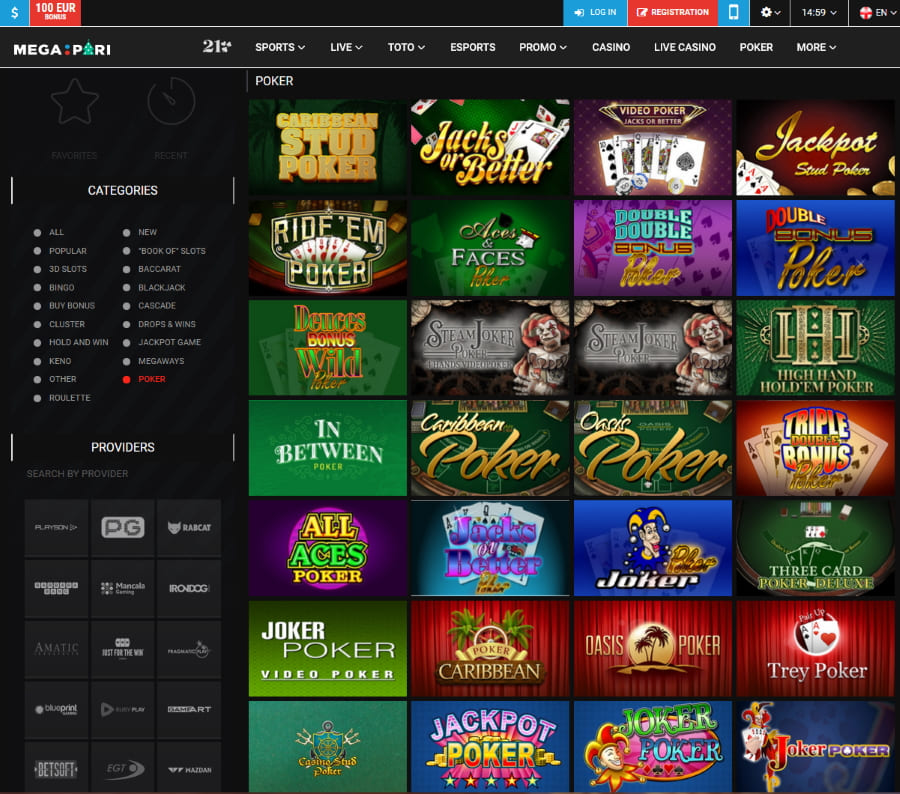The realm of casino games is constantly changing, influenced by dynamic rules, tech innovations, and changing market demands. While authorities and gaming commissions strive to create a safe and fair environment for gamblers, the landscape of casino regulations is undergoing significant transformations. Understanding these developments is important for both casino operators and players looking to explore the exciting yet complex world of gambling.
Lately, various jurisdictions have proposed and enforced new regulations aimed at enhancing the protection of players while encouraging safe gambling. These updates not only affect the varieties of gambling games available but also how they are advertised and obtained. In this piece, we will examine the latest regulatory updates, their effects for the gambling sector, and that which players can look forward to as they engage with their favorite casino games.
Updated Legislative Structures
New changes in game regulations are defining the direction of gaming games across multiple areas. Authorities are acknowledging the need for a comprehensive governance system that not just shields gamblers and also guarantees just gaming and responsible behavior. These systems are designed to address concerns such as internet-based gaming, virtual currencies, and advancements in tech, reflecting the changing setting of the gambling sector.
One significant trend is the implementation of more stringent rules regarding transparency and player protection. Casinos are now obligated to disclose transparent information on odds, payout rates, and the associated dangers involving gaming. This change aims to enable gamblers by helping them make informed decisions while also assisting to fight gaming issues through sensible play initiatives. Operators are expected to establish self-restriction systems and provide resources for players seeking support.
Additionally, new regulations are being applied to new technologies such as augmented reality and blockchain in casino platforms. Oversight bodies are developing guidelines to guarantee that these technologies maintain integrity and fairness while also protecting customer information. As the industry evolves, oversight bodies are adapting to ensure that developments improve the casino atmosphere while protecting both gamblers and operators.
Effect on Game Diversity
The recent updates in gaming policies have created new avenues for casino games, allowing for greater innovation and difference within the industry. As regulatory bodies modernize their criteria, creators are inspired to design original gaming experiences that cater to a wider audience. cá cược thể thao tại mmlive This has produced a vibrant tapestry of innovative games, incorporating various concepts, genres, and mechanics that were formerly neglected or limited by stricter regulations.
With a looser set of rules, casinos are now free to experiment with various game styles, including skill-focused games and participatory play. This shift has led to a boom in combined games that combine traditional gambling features with current gameplay trends, such as electronic gaming and enhanced reality. By expanding the types of games presented, gambling establishments can draw in not only veteran betters but also casual players who may prefer less conventional selections.
Furthermore, the advancement of regulations has emphasized transparency and fairness in gaming, which could foster increased player confidence. As a benefit, consumers are more inclined to explore a wider variety of game options, realizing they are interacting with sites that comply with updated guidelines. mmlive This growing trust enhances engagement and can ultimately drive revenue growth as more varied selections address different preferences and demographics in the gaming community.
Upcoming Trends in Regulation
As the gambling landscape evolves, authorities are more and more focused on adopting technology-based solutions to enhance transparency and fairness. The adoption of crypto technology into gaming operations is projected to gain traction, allowing for greater oversight of operations and ensuring that games remain fair and tamper-proof. This change could lead to a regulatory framework that embraces these improvements, promoting trust among participants and operators alike.
In addition to technological adoption, there will likely be a greater emphasis on prudent gaming practices within the regulatory environment. Authorities are predicted to implement more stringent measures to promote gambler protection, including required self-exclusion programs and robust age verification processes. This move aims to safeguard at-risk populations while ensuring that the experience of gambling activities is preserved for responsible gamblers.

Lastly, as digital gaming continues to grow globally, harmonization of laws across different regions will become a pressing need. Countries may strive to collaborate more closely on unified standards for certification, operation, and taxation. This could lead to a more simplified regulatory framework for global operators, fostering a broader acceptance of digital gambling platforms while maintaining strong of gambler protection and fairness in the gaming industry.

